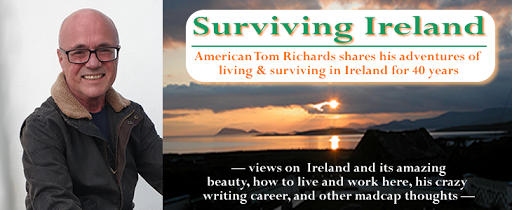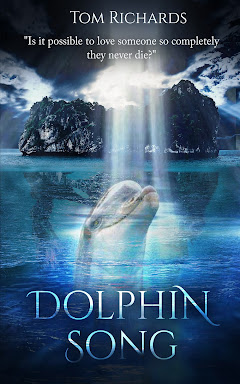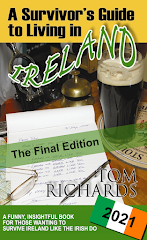If you're thinking of traveling to Ireland in the near future, think again.
This Friday, March 26, 2021, sees the start of mandatory hotel quarantines for most people coming to Ireland. Passengers arriving into the Republic from a list of designated 'Category 2, high risk' countries will be required to stay in a designated hotel for twelve nights.
What's more, those people will have to bear the cost: €1,875 for the period of their stay.
Category 2 is made up of a list of 33 countries experiencing high levels of COVID-19. Right now that list includes many African nations (including South Africa), a number of South American countries (Brazil, Argentina, and Venezuela make the list), as well as Austria and the United Arab Emirates.
But be warned: Countries can be added to this 'danger' list at any time, and at the government's discretion.
Moreover.... all inbound travelers now require valid proof of a negative PCR test for the virus. If you haven't got a certificate on you, proving that fact, you will also face mandatory quarantine at a daily rate of €150. In other words, if you don't have a valid negative test document, you will be whisked directly from the airport to your quarantine hotel. And don't even think about appealing.
Some people are exempt from the new regulations: aircrews, maritime crews, drivers of heavy goods vehicles transporting items to and from this country, and a few others. And that's it.
But for anyone else? Before you book your next trip to Ireland, make certain that your country of origin hasn't been designated Category 2 by the Irish government or you could be in deep trouble.
Background
After twelve weeks of lockdown, the people of this country continue to suffer from the third wave of the global pandemic. Over 4,500 are now dead from the virus. Analysis suggests that part of the reason for the continuing spread of COVID in Ireland (particularly new variants) is unregulated inbound arrival of travelers from countries that are suffering from the virus worse than we are. Too, some Irish have also been at fault. A few of Irish travelers have chosen to holiday abroad even during the pandemic. When they came home, they've brought back the unwelcome gift of illness.
For weeks now many people including scientists, politicians, as well as members of the general public, have clamored for travel restrictions to choke off entry points for the virus. With the arrival of mandatory quarantine, it seems the government has finally listened to their demands.
Check Before You Book
You might be reading this from a chair in London or a couch in Florida. At this point, neither the United Kingdom nor the United States is on the Category 2 list. But as I point out above, if I were you...
Before you book your Irish-bound trip, check the list. And also realize that even if you book a trip for the summer right now - thinking everything is okay - but should your country of origin make the list before you depart, you might want to cancel. Or, you could find yourself spending almost 2 weeks in quarantine before you can make your way into the Irish countryside.
For more information:







